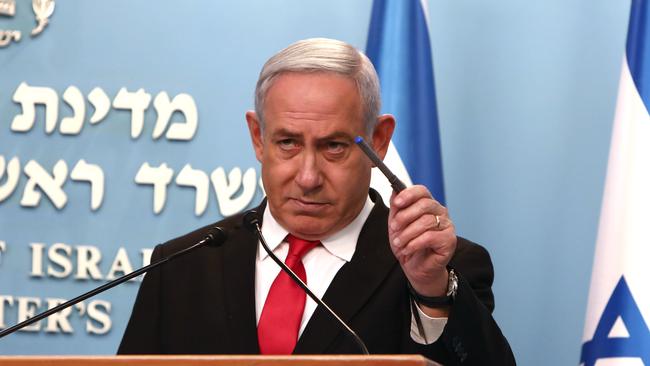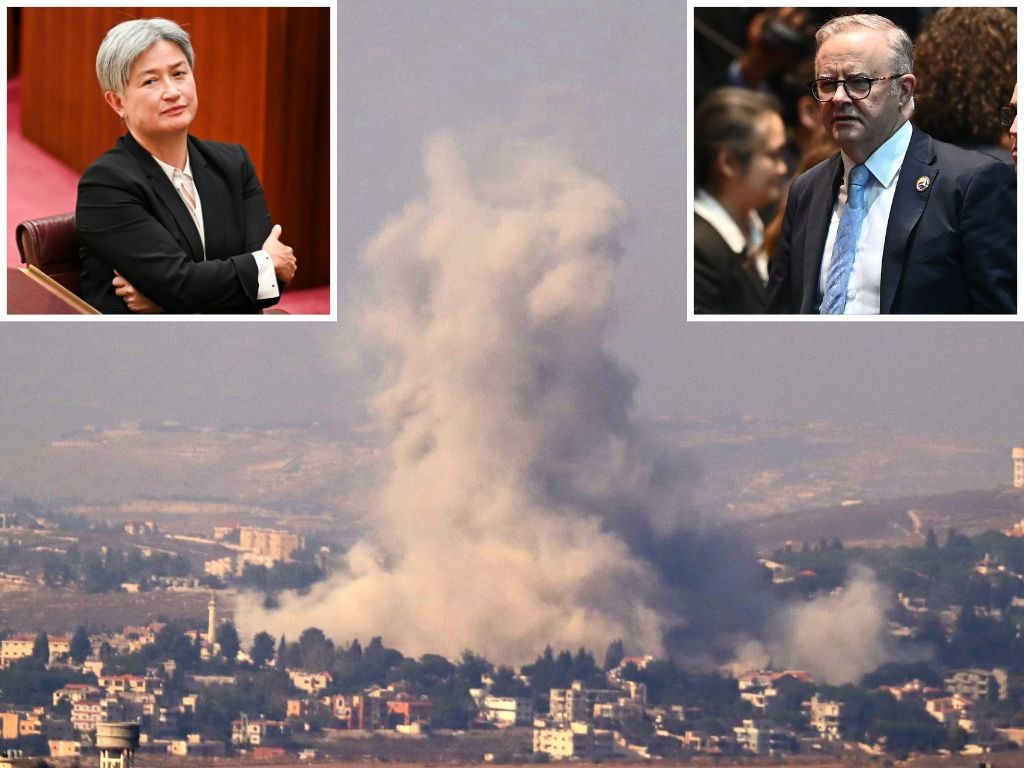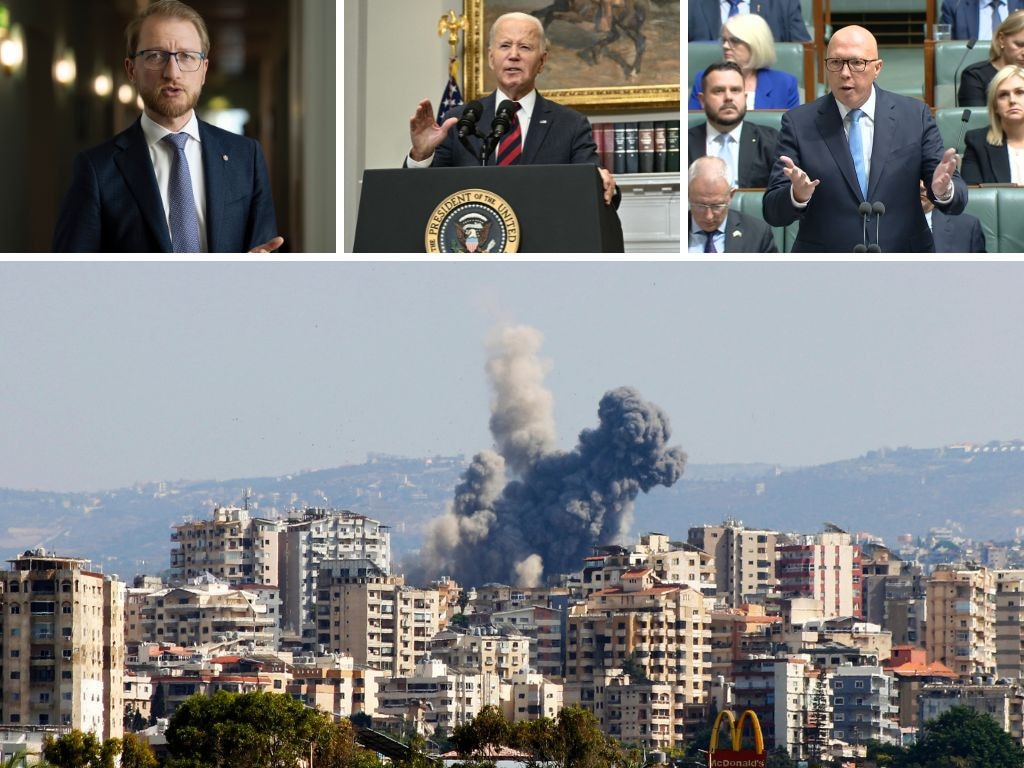Israel has no choice but to fight for its survival

To understand the current situation, let us go back to July 12, 2006. On that day, Hezbollah, led by Hassan Nasrallah, fired rockets into northern Israel while crossing Israel’s sovereign border, known as the Blue Line. Eight Israeli soldiers were killed, two were kidnapped, and this marked the beginning of what became the Second Lebanon War. The war concluded on August 14, 2006, after Hezbollah, Israel, and the Lebanese government agreed to United Nations Security Council Resolution 1701.
The resolution called for a ceasefire, Israeli withdrawal from southern Lebanon, and the disarmament of Hezbollah in the region extending from the Litani River to the Israeli border. Israel complied, even though the abducted soldiers were still held captive by Hezbollah. The implementation and enforcement of Resolution 1701, which was entrusted to the Lebanese army and the United Nations Interim Force in Lebanon, failed to materialise. Had it been properly enforced, the current conflict in Lebanon may have been avoided.
Today, the situation bears striking similarities to past international pressures, particularly from Western countries, that resulted in unfulfilled promises. It is no surprise, then, that many Israelis believe only they can safeguard their own security.
UN Secretary-General Antonio Guterres’ recent call for a ceasefire is seen by many as the height of hypocrisy, given the UN’s failure to enforce Resolution 1701. Since 2006, Hezbollah has built a network of terror along Israel’s border, and rocket fire into Israel has continued, especially since October 7 last year, leading to death, injury, and the displacement of tens of thousands of Israelis from the north. Iran and its proxies have no interest in compromise; their objective is Israel’s destruction. Like bullies, they terrorise and then cry out when Israel retaliates, hoping that international pressure will force a ceasefire that buys them time to rearm and attack again.
The Arab world understands Israel’s actions, whether publicly or privately, but the West often fails to grasp the situation. Western leaders frequently repeat phrases like “Israel’s right to defend itself”, only to undermine that statement by criticising Israel’s defensive measures as potential war crimes. Israel’s actions are not driven by vengeance but by the necessity of preventing another attack like that of October 7. Iran, Hezbollah, and Hamas exploit the fact that Western leaders hesitate to act when these groups store weapons in hospitals and schools. Meanwhile, partisan journalists misrepresent the situation, playing into the hands of terrorists while minimising the suffering of Israeli hostages and displaced citizens, the true roots of the ongoing conflict.
Similarly, Western voices that continue to push the idea of a “two-state solution” miss the point. Polls show that Iran, its proxies and the majority of Palestinians are not interested in this solution. Time and again, history has shown that Palestinian leaders are more focused on denying Israel’s right to exist than on building their own state. The conflict with Iran and Lebanon has little to do with territorial disputes. Instead, it is rooted in a fundamentalist ideology that opposes any Jewish presence in the Middle East, along with Western, Christian, or democratic values. This ideology harbours global ambitions as well.
The pro-Palestinian protests seen in the West are far from peaceful, filled with hateful rhetoric and opposition to any solution that leaves a Jewish state intact. Some even celebrate the atrocities of October 7.
Despite these challenges, Israel has regained confidence in its intelligence, operational abilities, and the leadership of the Israel Defence Forces. There is a strong sense of unity, and the Israeli people remain resilient, demonstrating their determination and hope for a secure future.
Ron Weiser is a member of the Jewish Agency’s board of governors. He is honorary life president of the Zionist Council of NSW and a former president of the Zionist Federation of Australia.





In recent weeks, much has changed in Israel, though some things remain constant. Regardless of global opinions about Prime Minister Benjamin Netanyahu, there is a lack of understanding that, within Israel, there is broad agreement on the need to address the threats from Lebanon and Iran. With the international community unable or unwilling to curb Iran or its proxies, Israel feels it has little choice but to act. Therefore, it was unsurprising when leaders of nearly every opposition party in Israel, including the leftist Yair Golan, wrote to Netanyahu in late September, urging the government to send ground troops into Lebanon to restore security.